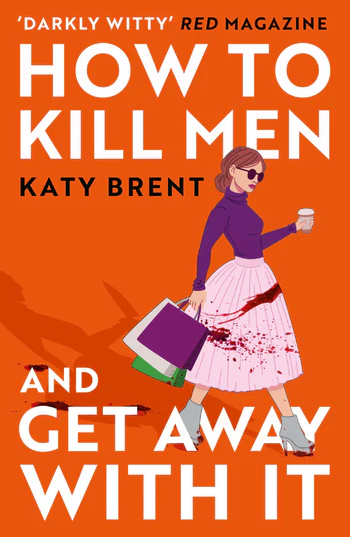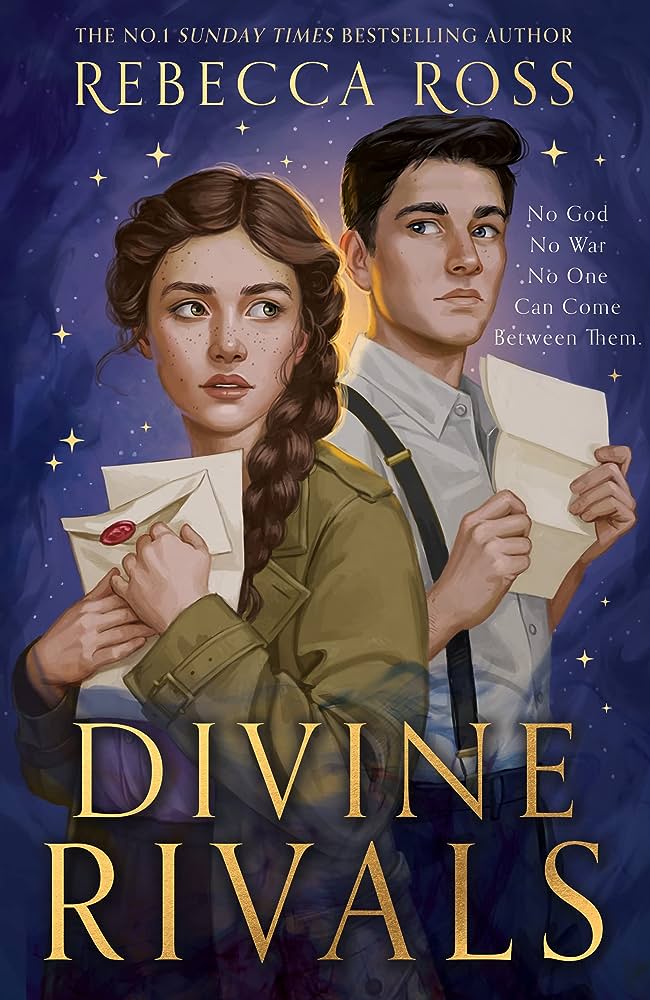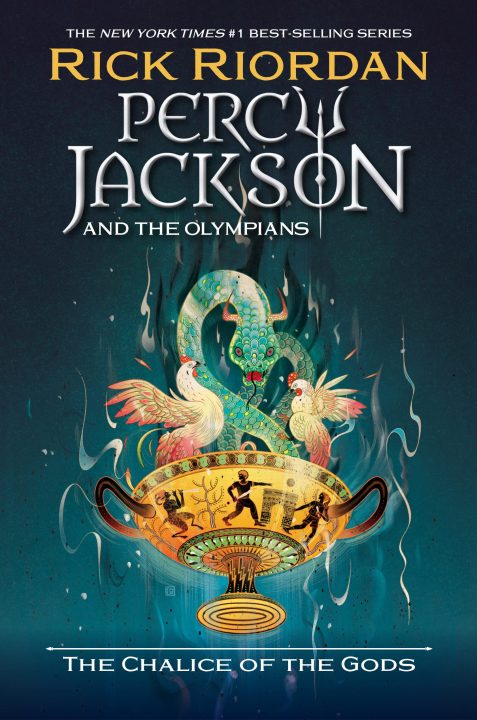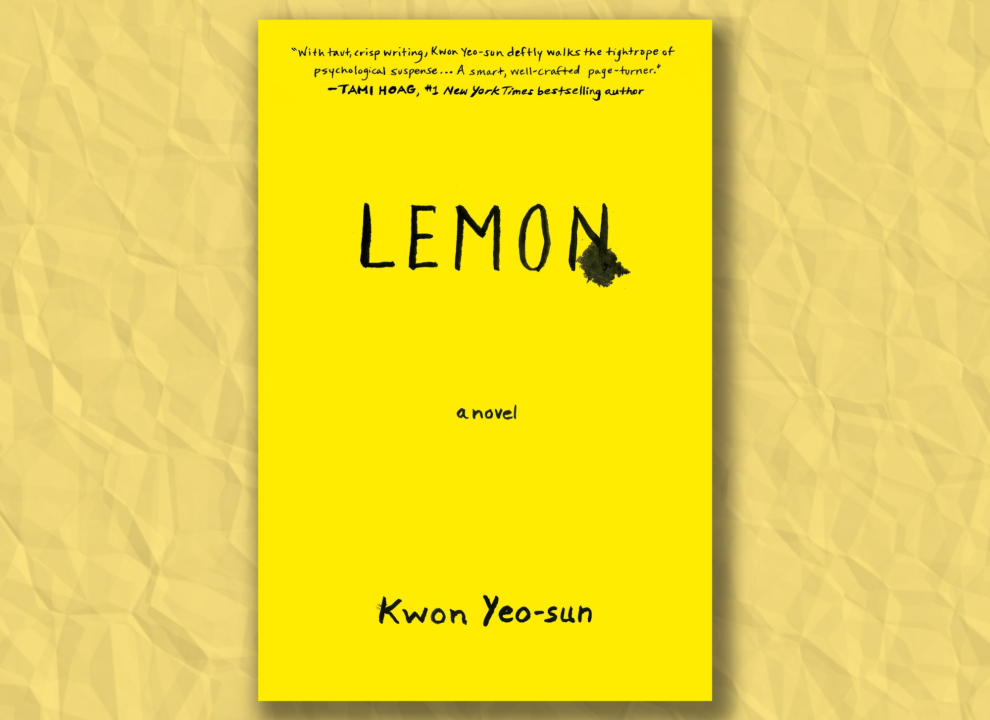
This is a new feature in The Statesman that will review books in a unique way. Rather than the staid, straightforward critical reviews that you would typically find in The New York Times, this new approach will be breezy and more conversational but still offers a critical lens of the book. Happy reading!
The book “How to Kill Men and Get Away with It” by Katy Brent has an amazing and intriguing premise appealing to those who are infuriated with our patriarchal society, as main character Kitty Collins seeks to cleanse the world of scum men. But the deplorable and often nonsensical prose combined with Kitty’s conceited, pretentious character makes for a dreadful reading experience, culminating in an immense yearning for a refund of both money and time.
From the very beginning, Brent dives into the introduction of our purported hero, a renowned Instagram influencer with a life tailor-made to invoke envy. Kitty lives in a lavish London flat in the city’s fourth most affluent neighborhood, Chelsea, flush with a disposable income and an obscene amount of free time.
Yet Kitty affirms to the reader that she is “not like other girls” because she’s aware of and despises her privilege. Kitty’s disdain for other girls ironically perpetuates the latent internalized misogyny by pitting women against one another.
This is further evident in Kitty’s friendships with Hen, Tor and Maisie, where her judgments about their superficiality are hypocritical given her willingness to kill men who have hurt her friends’ feelings. Kitty is an insufferable character, which is tragic considering that the entire book is from her point of view.
Kitty’s reprehensible personality could be interpreted as a veiled social commentary, examining the tricky and sometimes superficial landscape of influencer culture and critiquing the intricacies of gender dynamics. However, Brent’s prose — tainted by the plethora of similes lazily substituting for vivid descriptions and strong craftsmanship — may be aiming for a larger discussion beyond her reach. If anyone could tell me what the line “Tor’s smile is so glaringly fake it could be seized by border control” means, I would greatly appreciate it. And the line, “I bet even f***ing Hitler had one or two people who mourned him,” has me perplexed on multiple levels.
Not only is the writing profoundly trite, but the characters lack any real nuance or depth, and the storyline is devoid of originality. After Kitty’s second kill, she decides to create a list of rules that dictate the methodology of her rampages, ensuring that only men “who are a threat to women” succumb to her knife — echoing Dexter Morgan’s self-proclaimed sense of justice.
“Dexter” is a television series that follows a blood spatter analyst helping the Miami Police Department solve crimes while also committing murders to quench his inner darkness. But Dexter justified his murders by chasing those he deemed worthy: criminals.
While Kitty’s code of ethics could have been a not-so-subtle pop culture reference to the series, Brent leans too heavily on replicating major elements from the show. She even abruptly introduces Kitty’s own inner darkness over halfway through the novel, which feels like a clumsy afterthought and blatant mimicry of Dexter’s character that pales in comparison to the original. At this point, I just wanted to watch “Dexter” rather than read what feels like a Lifetime Movie Network movie-to-book adaptation.
While pop culture and brand references can enrich a narrative, its success hinges on a balance of subtlety, intention and sophistication. With this in mind, Brent’s work stumbles with the constant barrage of blatant pop culture references and ostentatious brand names that read more like cheap substitutes for clever writing.
One might argue that this gaudy writing style is deliberate, as Kitty takes on the persona of an egotistical influencer. However, the banality of the prose, the clumsy deployment of literary devices and the one-dimensional characters ultimately undermine this interpretation. Plenty of other books, such as “The F**k-Up” by Arthur Nersesian, “The Catcher in the Rye” by J. D. Salinger and “Normal People” by Sally Rooney, feature insufferable main characters, but their brilliance lies in the meticulous crafting of voice, the nuanced exploration of the psyche and the ingenuity with which life is breathed into these characters.
Unfortunately, Brent’s novel falls catastrophically short from its lack of nuance, stylistic missteps and blatant disregard for a coherent storyline, leaving its interesting premise and potential social commentary unrealized.
However, I will give this one bit of praise to Brent: the book is an immensely easy read because it lacks any thought; I managed to finish it within a day. Though, it was definitely a day wasted.




















lily • Mar 19, 2024 at 11:22 am
Zoe Rosi was doing this premise back in 2020 too. Seems a bit messed up that her novel, Pretty Evil, is completely overlooked. Katy’s is very similar.